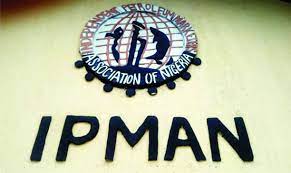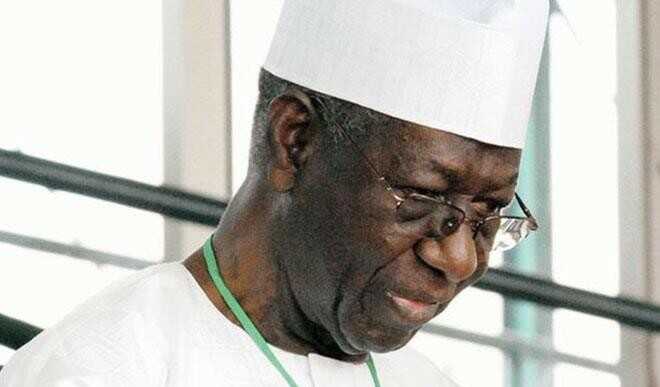Privately owned depots reason fuel pump price above N165 per litre – IPMAN

Independent petroleum marketers in Nigeria, for the first time since the current crisis in the sector started, spoke Thursday blaming the problem on exorbitant cost of purchasing petrol at privately-owned depots for their inability to sell at government-approved price of N162-N165 per litre.
This was coming as the Federal Government continues in its efforts to resolve the energy crisis facing the country, started just at the time some importing marketers brought adulterated fuel into the country and which damaged many vehicles of Nigerians and, involvement of privately owned depots owners escalating government’s effort to stop supply for the bad fuel to be cleaned up, has gotten worse.

The independent marketers’ claim came a day after President Muhammadu Buhari apologised for the on-going petrol shortage across the country and poor power supply from the national grid.
Queues at filling stations in and around Abuja remained lengthy when Vanguard visited some outlets at the city centre and Karu area, yesterday.
Speaking to Vanguard in a telephone interview, the Public Relations Officer of Independent Petroleum Marketers Association of Nigeria, IPMAN, Chinedu Ukadike, said most independent marketers have had to source their products from the private depots, which sold far above government approved ex-depot price of N143 per litre.
He said: “The Port Harcourt Refinery depot has received product but they haven’t started loading. Hopefully they will begin loading later today (yesterday) or tomorrow.
“Currently, the PPMC is giving preference to Abuja and so most of the loadings are given to the big marketers and major marketers.
Meanwhile, the challenge of poor power generation to the national grid showed no sign of easing, yesterday, as checks by Vanguard showed that as at 3 pm, the grid supply was 2,259.29 megawatts from 12 generation plants.
Speaking on the claims by power generation companies that government owed them N1.6 trillion for unutilised capacity charges, Chairman of Nigerian Electricity Regulatory Commission, NERC, Sanusi Garba, said the claim was not true.
He explained that only companies with effective power purchase agreement with Nigerian Bulk Electricity Trading Plc could be paid for a certain level of unutilised capacity.
He said: “Quite a number of the generation plants today do not have effective contracts that guarantee the payment of unutilised capacity.
“We are gradually migrating to a point where the generation plants will have capacity payments based on what can be delivered along the value chain.
“It will be reckless to sign an agreement with the generation plants for capacity that cannot be delivered because the infrastructure is not there. It means the Nigerian government will be paying for capacity that has been useful to Nigerians.”













